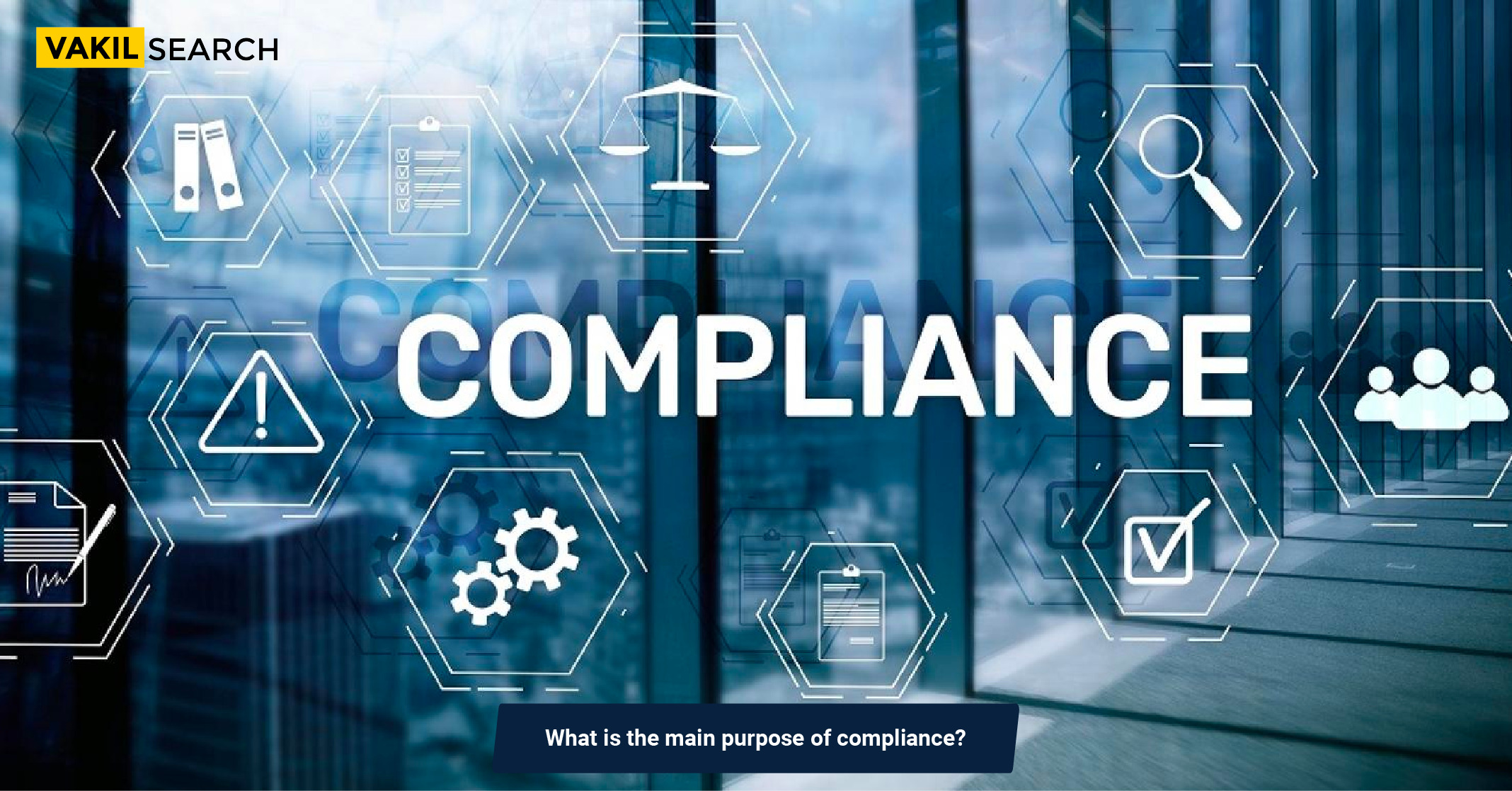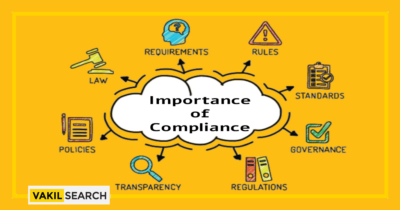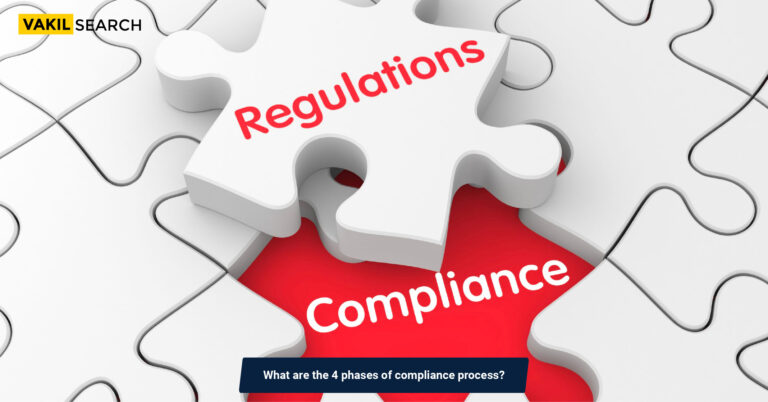The main purpose and significance of compliance is to protect stakeholders, uphold trust, and ensure business longevity by adhering regulations and standards.
Compliance is the bedrock upon which various industries build trust, protect stakeholders, and ensure their long-term viability. It serves as a guiding light, directing organisations to adhere to laws, regulations, and standards that govern their operations. In this blog, we will delve into the primary purpose of compliance and explore its objectives, with a keen focus on safeguarding stakeholders, maintaining trust, and ensuring business continuity. Real-life examples of companies that faced dire consequences due to non-compliance will illustrate the critical importance of adherence to regulations and standards.
The Varied Landscape of Compliance
Compliance is not a one-size-fits-all concept; it takes on different forms across industries. Whether it’s the financial sector, healthcare, manufacturing, or technology, each domain has its unique set of rules and regulations that organisations must follow. For instance, financial institutions are heavily regulated to maintain the stability of the global financial system and protect consumers. Healthcare organisations must adhere to strict patient privacy laws like HIPAA to safeguard sensitive medical information. Manufacturers, on the other hand, are subject to rigorous quality and safety standards to ensure product reliability.
Objectives Behind Regulations and Standards
Protecting Stakeholders
One of the primary objectives of compliance is to safeguard the interests of stakeholders. This includes customers, employees, investors, and the wider community. Compliance ensures that businesses act ethically, responsibly, and in a manner that doesn’t jeopardise the well-being of those involved.
Real-Life Example: Enron Corporation
The Enron scandal serves as a glaring example of how a lack of compliance can devastate stakeholders. Enron’s fraudulent accounting practices led to the loss of billions of dollars for investors and employees alike. The fallout resulted in bankruptcy, layoffs, and tarnished reputations. This catastrophic failure demonstrated the dire consequences of putting profits before ethical standards and regulatory compliance.
Maintaining Trust
Trust is a cornerstone of successful businesses. Company Compliance plays a pivotal role in upholding this trust by ensuring transparency and accountability. When companies follow regulations and standards, they signal to their stakeholders that they can be relied upon to act in their best interests.
Real-Life Example: Volkswagen’s Emissions Scandal
Volkswagen’s breach of compliance in the emissions scandal damaged its reputation severely. The company manipulated emissions tests on millions of vehicles, betraying the trust of consumers and regulators alike. The fallout included hefty fines, recalls, and a significant loss of trust among customers. Volkswagen learned the hard way that a lack of compliance can lead to a long-lasting erosion of trust.
Ensuring Business Longevity
Compliance isn’t just about avoiding penalties; it’s about securing the future of the organisation. Regulations and standards are often designed to enhance industry stability and sustainability. By adhering to these guidelines, businesses can navigate the complexities of the business landscape and mitigate risks effectively.
Real-Life Example: Lehman Brothers’ Collapse
The collapse of Lehman Brothers serves as a stark reminder of what can happen when an organisation fails to comply with financial regulations. The company’s reckless practices and lack of transparency led to its downfall, triggering the global financial crisis of 2008. The repercussions were felt far and wide, including massive job losses, economic downturns, and the loss of confidence in the financial sector. Lehman Brothers’ non-compliance ultimately cost the company its existence.
Conclusion
Compliance is the cornerstone of responsible and sustainable business operations across industries. Its primary objectives revolve around protecting stakeholders, maintaining trust, and ensuring business longevity. Real-life examples of companies like Enron, Volkswagen, and Lehman Brothers highlight the dire consequences that can result from non-compliance.
Therefore, organisations must prioritise compliance as an essential part of their strategy, not only to avoid legal troubles but also to uphold their reputation, secure their future, and demonstrate their commitment to ethical and responsible practices. Compliance isn’t merely a regulatory burden; it’s a vital driver of success and sustainability in the modern business world. Get in touch with Vakilsearch for more tailor made advice and compliance support.
Read more,










